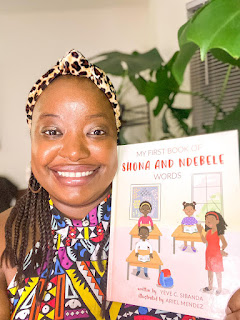Picket Chabwedzeka trains African rangers in anti-poaching techniques: help needed!

Picket with a black rhino on a dehorning exercise* A few years ago, in 2021, we had the pleasure of meeting Picket Chabwedzeka at the Hwange game count . Born and raised in Harare, Zimbabwe, he studied Geography and Environmental Management in South Africa. After working for several years in a South African game reserve, he returned to Zimbabwe and enrolled in a Master’s degree program, graduating with an MS in ecological resources management. He went on to receive a Post Graduate Certificate in Ecological Survey techniques at Oxford University in the United Kingdom. He currently serves as a Game Reserve Manager in a private reserve near Victoria Falls, Zimbabwe, where he lives on the premises with his young family, surrounded by a variety of wildlife, including many birds. His passion and area of expertise is rhinoceros conservation, both black and white rhinos. Aside from humans, rhinos have no natural predators, yet they remain under constant threat due to poaching drive...







